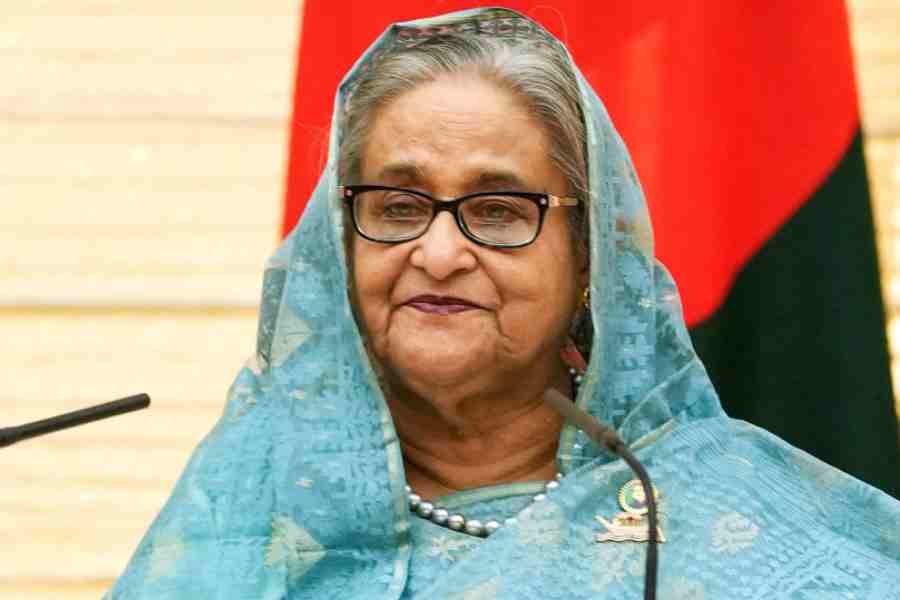Sheikh Hasina Wajed’s Awami League has been returned to power with a landslide victory in Bangladesh’s national election that was dogged by controversy after the principal Opposition outfit, the Bangladesh Nationalist Party, boycotted the vote. The Awami League won 222 out of 298 seats, with the largest Opposition grouping in the fray, the Jatiya Party, winning just 11. Independents, mostly Awami League politicians who did not get a ticket with their own party, won 61 seats. While the results are clear, the next few days, weeks and months will truly test Bangladesh. How the country’s government behaves in this period will have consequences for neighbours and friends like India too. A low 40% voter turnout suggests that the BNP’s call for voters to skip polling booths had worked. This is not the first time that Bangladesh’s elections boycotted by either the Awami League (in 1996) or the BNP (2014) have seen low voting percentages. But there are other signs too of voter disenchantment: recent months have seen widespread protests across the country. The crackdown by the Awami League government on political opponents and other critics has been condemned by international rights groups. The United States of America and its Western allies have warned of potential sanctions or other strictures against members of Bangladesh’s ruling establishment.
A return of the Awami League, an old friend of New Delhi’s, would be in India’s strategic interests although Bangladesh has also significantly strengthened ties with China in recent years. However, it is also in the interests of both Bangladesh and India that with the election process over, the country’s new administration must take steps to heal the wounds of the past few months and reach out to political opponents. It must lift the climate of fear that has sent many members of the Opposition into hiding. The Opposition too must find constructive ways of re-engageing politically. All of this is vital for the credibility of Bangladesh’s democracy. It is also essential because the simmering anger that has been evident in Bangladesh in recent months could otherwise explode in ways that will be hard to control. India, as a friend, must emphasise to Dhaka the need to act lest it jeopardises the very future of Bangladesh. In its 52 years as an independent nation, Bangladesh has achieved much to be proud of. Now is the time for Dhaka to consolidate those gains.











